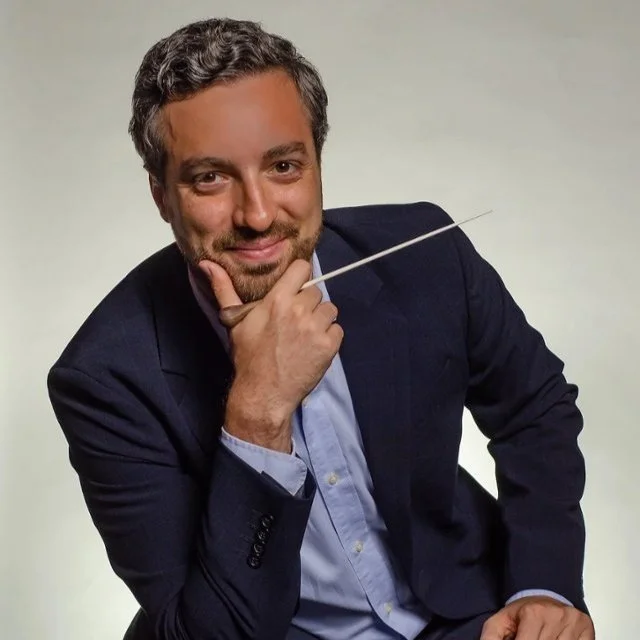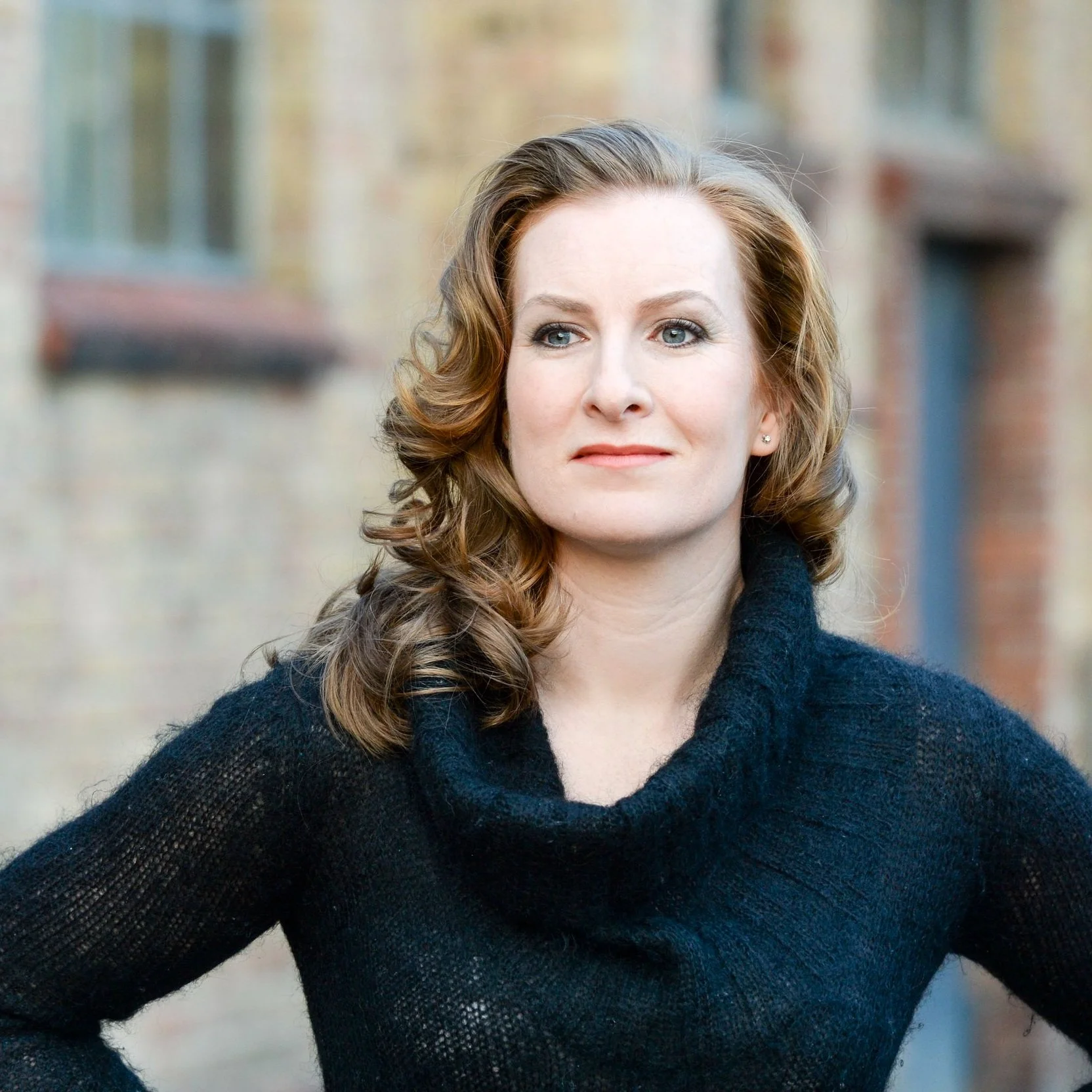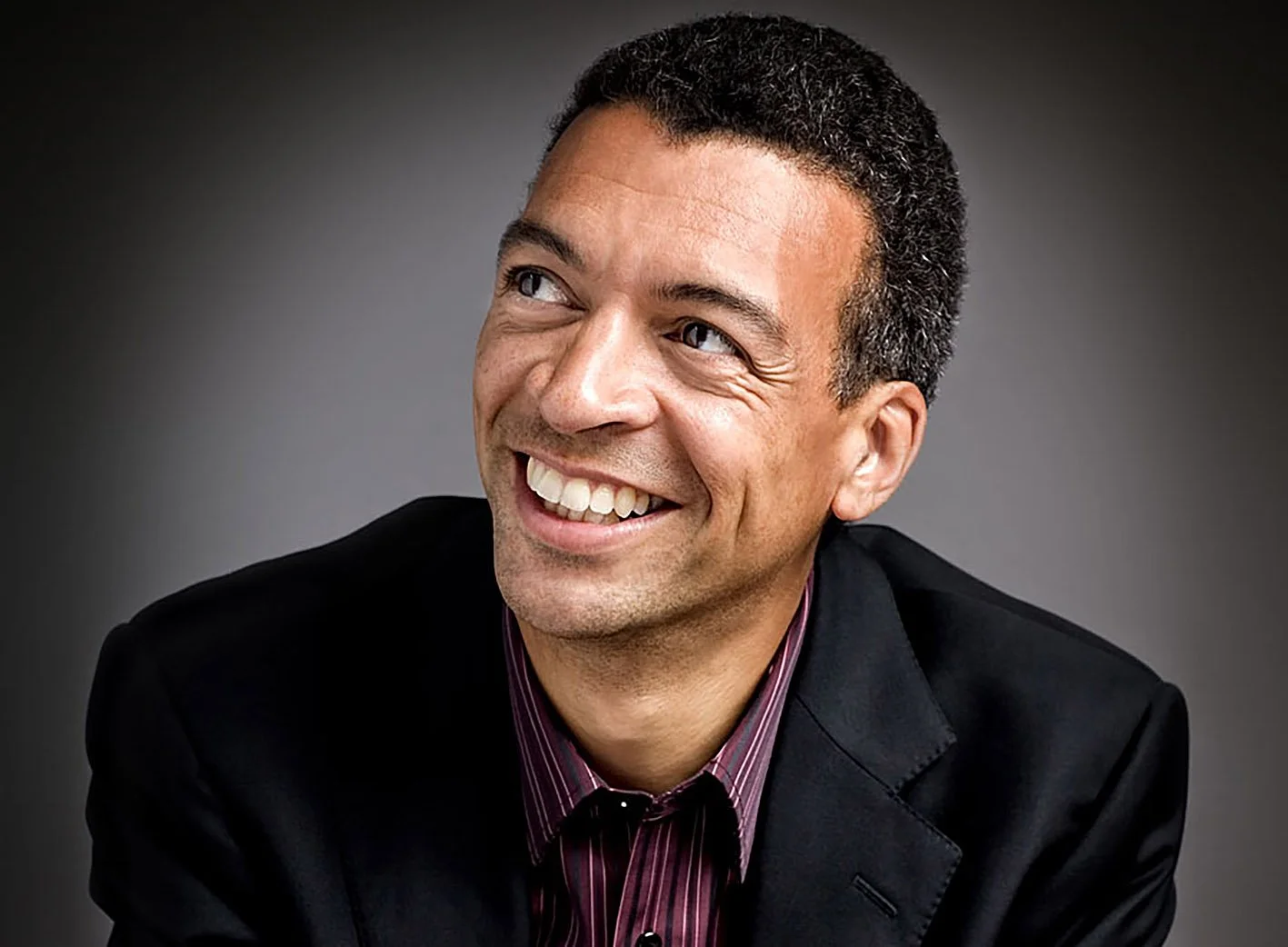2025-26 Season > Handel’s Messiah
Boston Baroque returns to its cherished holiday traditions with performances of Handel’s Messiah, one of the most beloved and enduring works in classical music. Written in 1741, Messiah has captivated audiences for centuries with its radiant choruses, lyrical arias, and timeless message of hope and renewal.
This season features a stellar quartet of Boston Baroque favorites—soprano Amanda Forsythe, mezzo-soprano Paula Murrihy, tenor Thomas Cooley, and baritone Roderick Williams—bringing fresh brilliance and expressive power to this iconic masterpiece. Boston Baroque’s Assistant Conductor, Filippo Ciabatti, makes his eagerly anticipated debut leading the orchestra and chorus in this treasured work, highlighted by the joyful “For unto us a child is born” and the majestic “Hallelujah” chorus. Celebrate the season with this unforgettable musical tradition.
Estimated Run Time
3 HRS | One 20-Minute Intermission
Location
NEC’s Jordan Hall | 30 Gainsborough St, Boston, MA 02115
ARTISTS
Conductor
Filippo Ciabatti
Learn More >
Soprano
Amanda Forsythe
Learn More >
Mezzo-soprano
Paula Murrihy
Learn More >
For the December 7 performance, “Why do the nations so furiously rage” was sung by Daniel Fridley, and “The Trumpet Shall Sound” was sung by Bradford Gleim.
DIVE DEEPER
Read Music Director Martin Pearlman’s program notes on Handel’s Messiah.
PROGRAM
Part II
Behold the Lamb of God
He was despised and rejected of men
Surely He hath borne our griefs
And with His stripes we are healed
All we like sheep have gone astray
All they that see Him laugh Him to scorn
He trusted in God
Thy rebuke hath broken His heart
Behold, and see if there be any sorrow
He was cut off out of the land of the living
But Thou didst not leave His soul in hell
Lift up your heads, O ye gates
Unto which of the angels said He at any time
Let all the angels of God worship Him
Thou art gone up on high
The Lord gave the word
How beautiful are the feet
Their sound is gone out into all lands
Why do the nations so furiously rage together
Let us break their bonds asunder
He that dwelleth in heaven
Thou shalt break them with a rod of iron
Hallelujah
Part I
Overture
Comfort ye my people
Every valley shall be exalted
And the glory of the Lord
Thus saith the Lord
But who may abide the day of His coming
And He shall purify
Behold, a virgin shall conceive
O thou that tellest good tidings to Zion
For behold, darkness shall cover the earth
The people that walked in darkness
For unto us a child is born
Pifa
There were shepherds abiding in the field
And lo, the angel of the Lord came upon them
And the angel said unto them
And suddenly there was with the angel
Glory to God
Rejoice greatly, O daughter of Zion
Then shall the eyes of the blind be opened
He shall feed His flock like a shepherd
His yoke is easy, and His burden is light
Part III
I know that my Redeemer liveth
Since by man came death
Behold, I tell you a mystery
The trumpet shall sound
Then shall be brought to pass
O death, where is thy sting?
But thanks be to God
If God be for us, who can be against us?
Worthy is the Lamb that was slain
Amen
COMPOSER
George Frideric Handel (1685–1759)
One of the towering figures of the Baroque era, George Frideric Handel was born in Germany, trained in Italy, and achieved lasting fame in England, where he spent most of his career. Known for his masterful operas, oratorios, and orchestral works, Handel had an extraordinary ability to blend dramatic expression with lyrical beauty.
Composed in 1741, Messiah is Handel’s most famous oratorio and one of the most performed choral works in Western music. Unlike many of his earlier oratorios, which told dramatic Biblical stories, Messiah offers a contemplative meditation on the life of Christ, from prophecy and birth to death and resurrection. The work draws from both the Old and New Testaments, set to a libretto by Charles Jennens.
Written in an astonishing 24 days, Messiah was originally intended for performance during Lent and Easter, not Christmas. Its premiere took place in Dublin in 1742, to great acclaim, and it has since become a cornerstone of holiday celebrations worldwide. With its dazzling arias, powerful choruses, and deeply spiritual message—embodied most famously in the majestic “Hallelujah” chorus—Messiah continues to inspire and uplift audiences nearly three centuries after its creation.
DIVE DEEPER
Read founding Music Director Martin Pearlman’s program notes on Handel’s Messiah.








